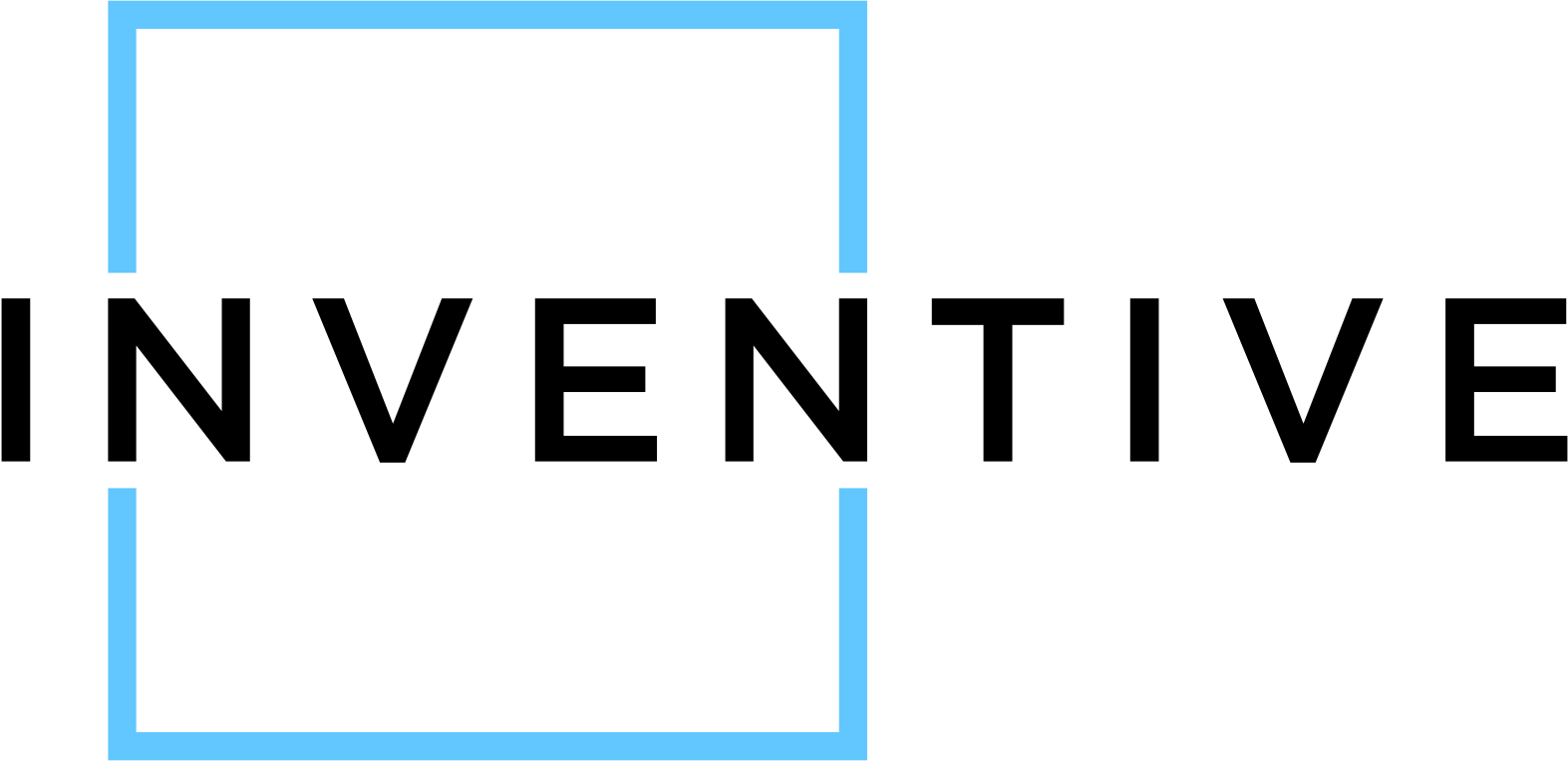Market Research Takes Weeks (And Way Too Many Spreadsheets)
AI scrapes, summarizes, and ranks insights from across your industry—turning hours of research into a few minutes.


Market Research Takes Weeks (And Way Too Many Spreadsheets)
AI scrapes, summarizes, and ranks insights from across your industry—turning hours of research into a few minutes.
Research in Minutes
Competitor analysis without the headache? AI makes it happen fast.
Instant Industry Intel
Keep your edge sharp with AI-powered market summaries.
BUSINESS PROBLEM

Small to medium-sized businesses across various sectors—from e-commerce players like Bumblebee Linens to SaaS companies like Wishpond and marketing agencies like WebFX—struggle with inefficient market research processes that rely heavily on manual data collection, disparate spreadsheets, and fragmented tools. According to a recent survey by Crayon, 42% of businesses spend more than 10 hours weekly on competitive intelligence alone, with the process often stretching into weeks for comprehensive market studies. At Drift, a conversational marketing platform, employees previously spent up to three weeks aggregating customer data across multiple spreadsheets before implementing automated solutions. This manual approach creates significant bottlenecks in decision-making cycles, particularly devastating for SMBs that need to pivot quickly in response to market changes.
The financial impact of these inefficiencies extends beyond the obvious labor costs. Companies like Terminus, a B2B marketing platform, reported that before automating their market research, they invested approximately $85,000 annually in labor costs for manual market analysis—resources that could have been directed toward growth initiatives. BigCommerce noted that their e-commerce clients typically lose 5-8% in potential revenue due to delayed market insights affecting pricing strategies and product launches. Manual processes also introduce a 23% higher error rate in data analysis according to research by SurveyMonkey, leading to misguided business decisions that compound financial losses. For every week that market insights are delayed, SMBs experience an average opportunity cost of $12,000-$18,000 in potential revenue, according to data from HubSpot's small business survey.
Beyond financial costs, this inefficiency creates significant human capital issues. At Mailchimp, prior to implementing integrated market research tools, their product teams reported 67% lower job satisfaction when assigned to market research projects. The repetitive data entry, constant spreadsheet maintenance, and fragmented research approaches lead to employee burnout, with 38% of marketing researchers in SMBs reporting high stress levels according to a Qualtrics study. At logistics company ShipBob, market researchers cited "tedious data compilation" as their top frustration, with one manager noting that "talented analysts spend 70% of their time as data janitors instead of generating actionable insights." This environment fosters a culture where strategic thinking is sacrificed for administrative tasks, leading to diminished creativity and innovation—key differentiators that SMBs rely on to compete against larger corporations.
The inconsistent quality of manually-produced market research creates downstream problems throughout these organizations. At educational technology provider Instructure, market insights produced through manual processes showed a 40% variance in accuracy depending on which team member compiled the data. E-commerce retailer Etsy sellers who use the platform's manual market research tools report that insights often arrive too late to capitalize on seasonal trends, with 52% stating they missed important market opportunities due to delayed analysis. Manufacturing firm Protolabs found that teams in different regions used inconsistent methodologies when manually collecting competitor information, creating contradictory insights that led to misaligned product strategy. This inconsistency forces business leaders to question the reliability of their market intelligence, often leading to decision paralysis or over-reliance on intuition rather than data—a significant competitive disadvantage in fast-moving markets.
SOLUTIONS

Problem 1:
Manual data collection and aggregation across multiple sources for market research, causing weeks of delay and inefficient use of analyst time as seen at companies like Drift where employees spent up to three weeks aggregating customer data.
Solution 1:
This N8N workflow automates the process of gathering competitor data from various sources and centralizing it into a single database. The workflow monitors competitors' websites for changes, scrapes pricing information, tracks social media activities, and collects this data into a structured format for analysis. It uses HTTP Request nodes to fetch data from websites, processes it with Function nodes, and stores the results in databases like Airtable, Notion, or Google Sheets, eliminating the need for manual data collection and reducing the market research cycle from weeks to hours.
Reference: https://n8n.io/workflows/1069/
Problem 2:
Fragmented market research tools and data sources leading to inconsistent insights and a 23% higher error rate in data analysis, as reported by SurveyMonkey, which causes misguided business decisions.
Solution 2:
This Make.com scenario integrates multiple market research platforms to create a unified data collection and analysis system. The workflow pulls data from Survey Monkey, Google Forms, and other research tools, standardizes the format using transformers, and consolidates everything into a single analysis platform. It then generates comprehensive reports that can be automatically shared with stakeholders. This solution eliminates data inconsistencies across tools, reduces error rates significantly, and ensures all team members work with the same standardized information, regardless of which research tool was used to collect it.
Reference: https://www.make.com/en/templates/3106-save-survey-monkey-responses-to-google-sheets
Problem 3:
Delayed market insights affecting pricing strategies and product launches, causing e-commerce clients to lose 5-8% in potential revenue, as noted by BigCommerce.
Solution 3:
This Make.com scenario automates real-time price monitoring and competitive analysis for e-commerce businesses. The workflow regularly checks competitor pricing through web scraping or API connections, compares it with your current pricing structure, and alerts the team when significant discrepancies are found. It can also automatically adjust prices within predefined parameters to remain competitive without human intervention. The solution integrates with popular e-commerce platforms like Shopify, WooCommerce, or BigCommerce, ensuring pricing strategy remains responsive to market conditions and eliminating the revenue loss caused by delayed pricing adjustments.
Problem 4:
Analysts spending excessive time (up to 70%) on data compilation rather than generating actionable insights, leading to burnout and lower job satisfaction, as reported at companies like ShipBob and Mailchimp.
Solution 4:
This N8N workflow automates the tedious aspects of market research data compilation, allowing analysts to focus on interpretation and strategy. The solution automatically collects data from multiple sources (including Google Trends, industry news sites, and social media platforms), processes and categorizes it using AI text analysis, and compiles it into structured reports. The workflow includes sentiment analysis to gauge market reception and competitive positioning. By automating the "data janitor" work, this solution addresses the human capital issues, potentially reducing the 67% lower job satisfaction reported by Mailchimp's product teams and freeing analysts to focus on generating the actionable insights that drive business growth.
Reference: https://n8n.io/workflows/1301/
Problem 5:
Inconsistent methodologies when collecting competitor information across different teams, creating contradictory insights that lead to misaligned product strategy, as experienced by manufacturing firm Protolabs.
Solution 5:
This Make.com scenario establishes a standardized competitive intelligence framework that ensures consistent methodologies across all teams. The workflow creates a structured process for competitor analysis by providing automated templates, data collection protocols, and unified reporting systems. When new competitor information needs to be gathered, the system guides team members through a standardized process, ensuring everyone follows the same methodology regardless of region or department. The collected data is centralized in a shared database, allowing cross-departmental visibility and alignment. Notifications alert relevant stakeholders when new competitive intelligence is available, fostering collaborative analysis and unified strategic responses.
Reference: https://www.make.com/en/templates/2748-create-a-trello-card-from-a-new-row-in-google-sheets
Research in Minutes
Competitor analysis without the headache? AI makes it happen fast.
LIFE AFTER

Imagine a world where the agonizing three-week grind of market research is reduced to mere hours. That's precisely what happens when companies like Drift move from manual data aggregation to automated workflows. By leveraging N8N's powerful capabilities, businesses can swiftly gather competitor data from various sources, transforming chaotic spreadsheets into a lean, mean data machine. No more poring over endless rows in Excel; instead, imagine sipping your morning coffee while the magic unfolds in Airtable or Google Sheets, all thanks to automated scripts and bots that do the heavy lifting. This not only trims down the market research cycle exponentially but also liberates valuable analyst time for more strategic initiatives.
In the digital age, the chaos caused by fragmented tools and inconsistent methodologies can be managed with the finesse of a Make.com scenario. Businesses like Protolabs face frustratingly high error rates and redundant labor due to incongruent data sources. Picture a unified analytical utopia where data streams from Survey Monkey, Google Forms, and myriad tools into one streamlined platform. Gone are the days of manual cross-checking and error-prone data handling. Instead, insights are created with harmony using standardized formats, ensuring every team member wields the same powerful intelligence. With reports generated faster than a click on the 'buy now' button, businesses can avoid misguided decisions and ultimately keep FOMO at bay by adapting swiftly to market shifts.
Consider an e-commerce giant struggling to maintain a competitive pricing strategy, often missing the mark and losing out on a juicy 5-8% revenue boost. Now, imagine a Make.com-driven landscape where real-time price monitoring is not only possible but automated. As competitors tweak their prices, companies are immediately notified through seamless integrations with Shopify or WooCommerce. This modern-day market vigilante not only ensures you’re never left in the dust but allows for automatic adjustments within predefined margins, keeping your offerings fresh, desirable, and eternally competitive. It’s like having your pricing cake and eating it too.
Finally, let’s address the human side. With N8N, the burdensome title of "data janitor" evaporates. Analysts at places like ShipBob and Mailchimp have long been shackled to tedious compilation tasks, draining morale and creativity. Envision them unshackled, using their cognitive powers to interpret data, not just compile it. By automating the ingestion of market data, freeing up precious brain power for strategy development and innovation, these analysts become the heroes at the helm of their company’s growth story. The smile returning to their faces is not just a win for them; it’s a win for business at large.
Instant Industry Intel
Keep your edge sharp with AI-powered market summaries.
Customer Testimonials
Our AI, Agent, and workflow automation has saved customers countless hours.
Equipped with stellar development proficiency, Inventive devised a reliable system that mirrored their client's technical requirements. The team's dedication, top-notch communication, and transparent project management skills guaranteed a progressive and agreeable engagement.


Inventives' efforts have enhanced the design and experience of the site, which have received positive feedback from visitors. They provide a comprehensive set of services that has proven to be economical and reliable. They are collaborative and proactive in delivering high-quality work on time.


Exhibiting ample control of their technical expertise, Inventive Works rewarded the client with a sustainable web app, which their engineering team found manageable and seamless. Proactive and adaptable, the team generated precise solutions and productive ideas while remaining receptive to feedback



